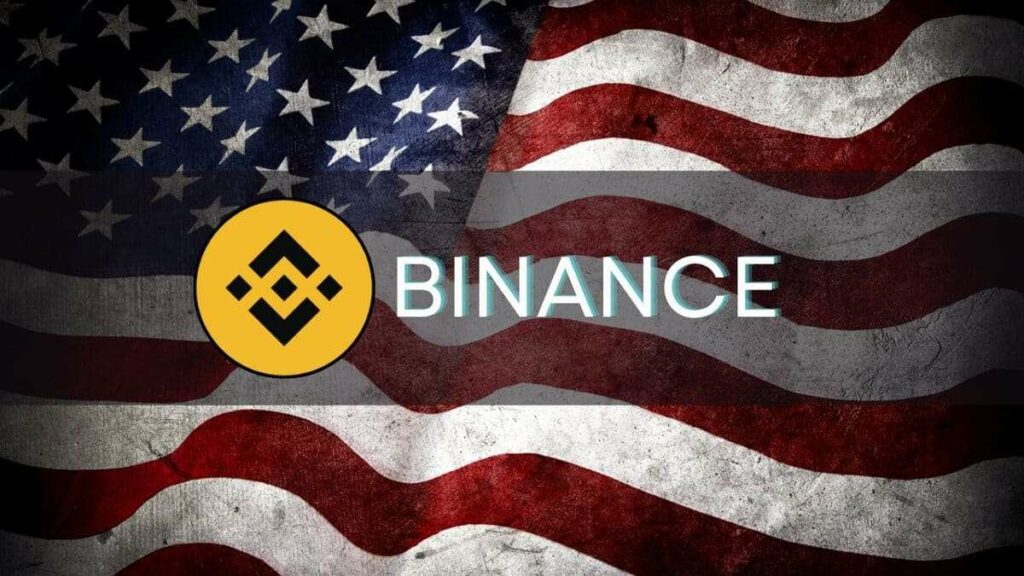TL;DR
- Binance strengthens controls to prevent the participation of US citizens.
- The exchange will adjust requirements for listing tokens.
- The platform has publicly declared its commitment to compliance with laws and regulations in all markets where it operates.
In an increasingly regulated environment scrutinized by authorities, cryptocurrencies and exchanges face significant challenges to maintain regulatory compliance. Binance has found itself at the center of the storm and under regulatory pressure in various countries, including the United States.
Recently, details have emerged on how Binance is dealing with this pressure, particularly regarding the presence of US citizens on its platform. It has been reported that the exchange has requested its prime brokers, such as FalconX and Hidden Road, to reinforce controls to prevent US investors from accessing the platform.
This arises as a consequence of a legal agreement reached by the platform with US authorities, in which the exchange pleaded guilty to violating anti-money laundering and sanction laws. As part of this agreement, Binance agreed to pay a $4.3 billion fine and committed to implementing measures to ensure regulatory compliance in the future.
One of these measures involves requiring prime brokers to conduct stricter verification of their clients’ identities to prevent US citizens from using the platform. This includes requesting detailed information such as office addresses and locations of employees and founders, and requiring clients to sign statements confirming the accuracy of this information.
Binance Commits to Adhering to All Regulatory Frameworks
Binance’s focus on regulatory compliance is fundamental to its long-term strategy. The platform has publicly declared its commitment to compliance with laws and regulations in all markets where it operates. By making its standards and procedures transparent, it seeks to provide clarity to companies seeking access to its market-leading liquidity.
In addition to these regulatory compliance measures, Binance has also made changes in other aspects of its operation. For example, it has adjusted its requirements for listing new digital tokens on the platform, indicating a more cautious approach to the incorporation of digital assets.
While these changes may pose challenges for Binance and its clients, they can also be seen as positive steps towards greater transparency and accountability in the crypto industry. As regulatory laws in some countries intensify, we are likely to see more crypto platforms and companies adopting similar approaches.











